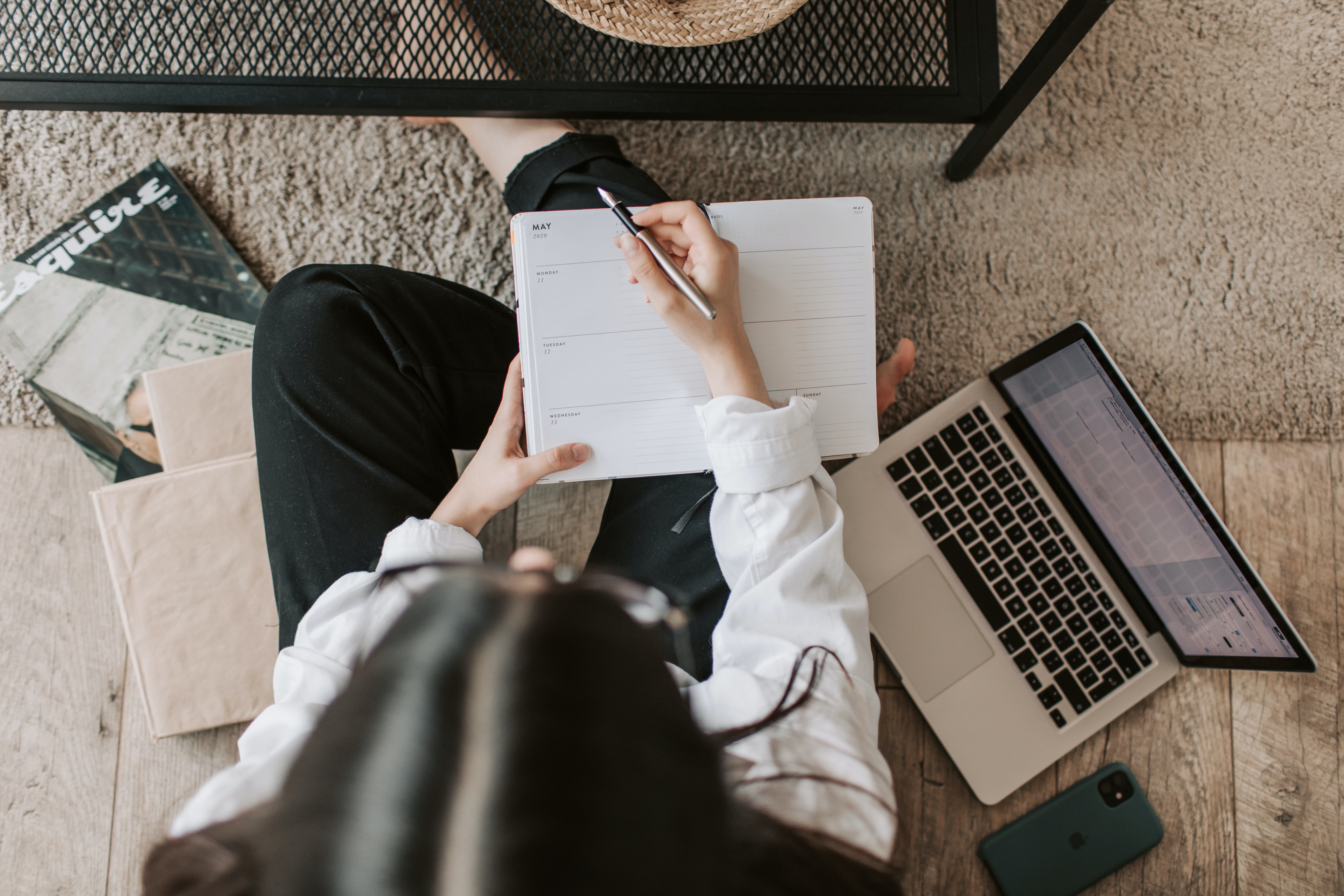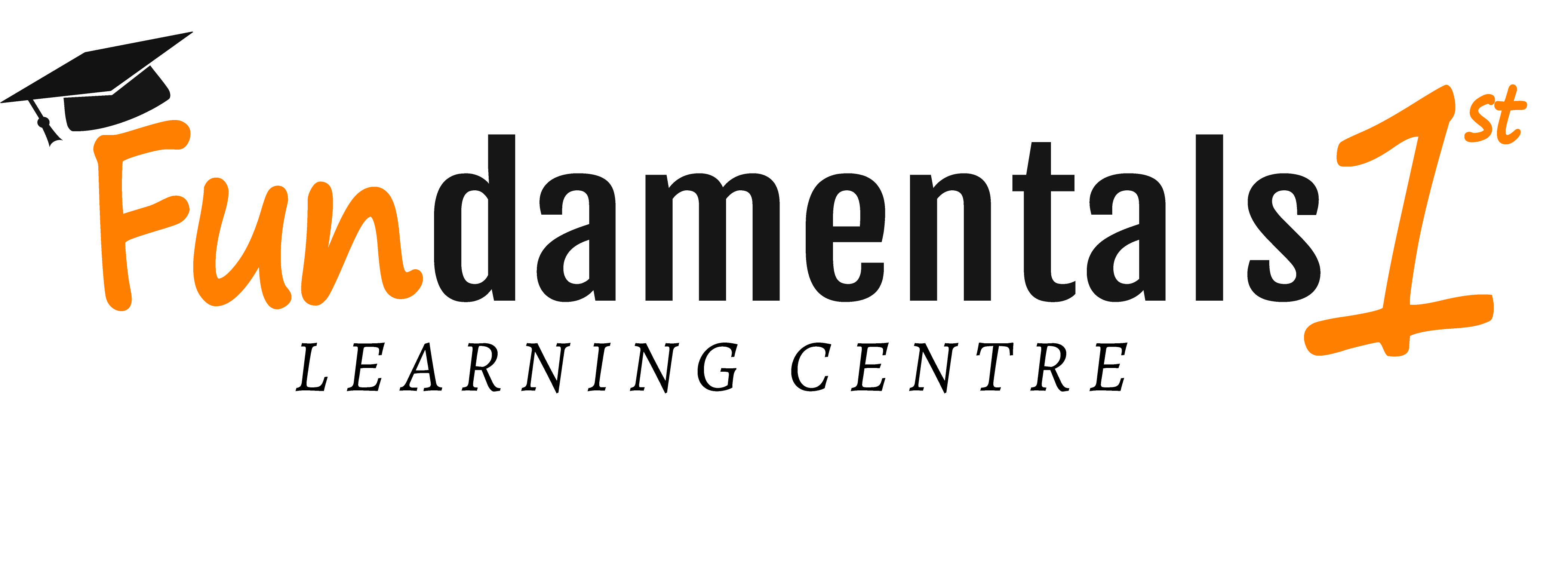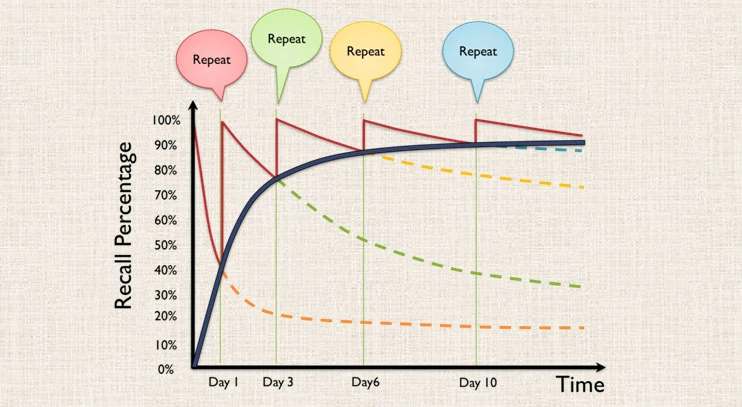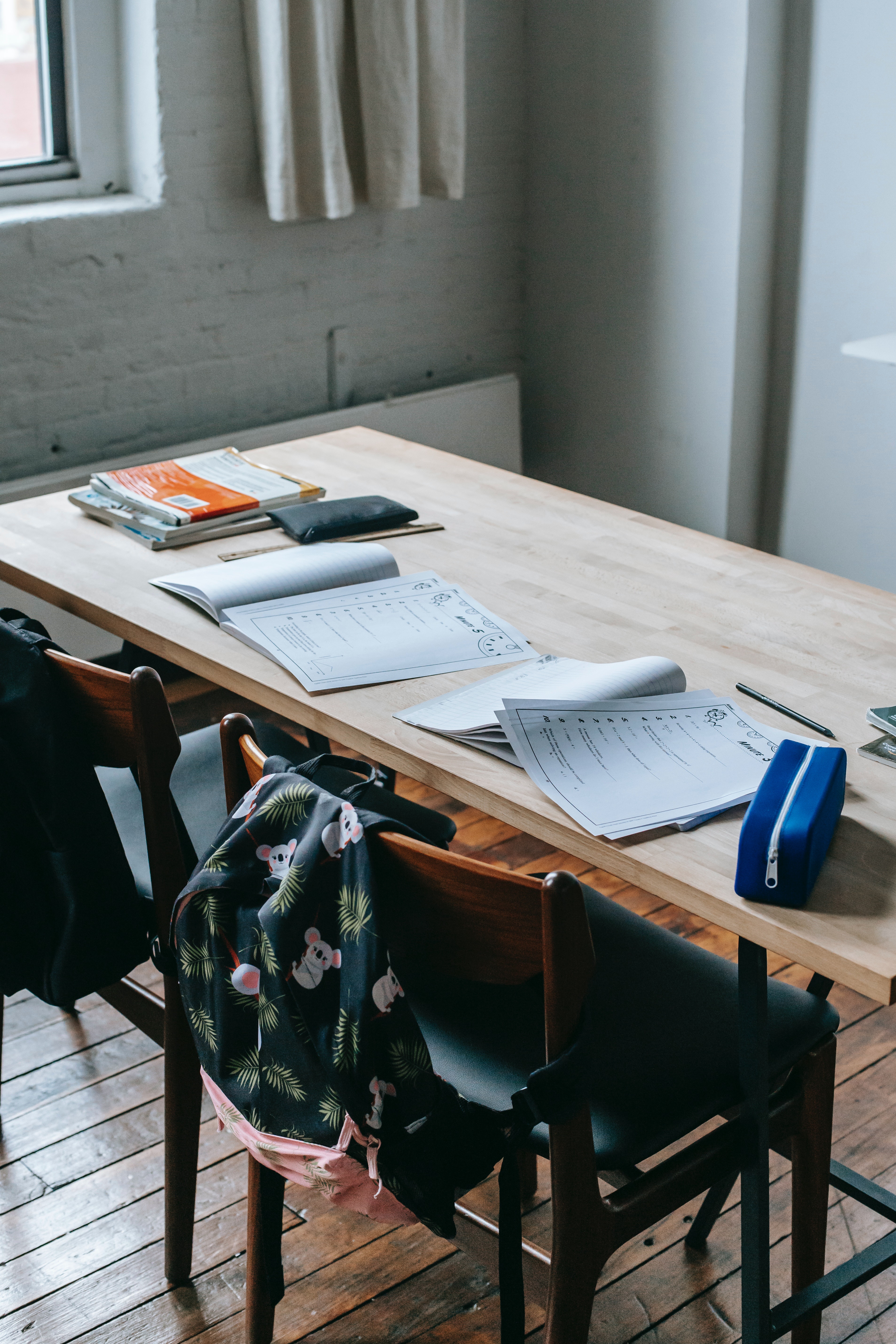
A Conversation on Exam Preparation: Tips and Tricks from a Tutor and Student
Preparing for an exam can be a daunting task, but it doesn’t have to be! In this Q&A session, we’re bringing together the expertise of a seasoned tutor and the experience of a dedicated student to provide you with valuable insights and strategies for acing your next exam. Let’s dive into the conversation!
Q: Hello, everyone! To kick things off, can you both introduce yourselves?
Tutor (T): Hi, I’m Sarah, and I’ve been working as a tutor for five years now. I’ve helped countless students prepare for various exams, so I’m excited to share some tips today!
Student (S): Hey, I’m Mark, senior in high school. I’ve been through my fair share of exams, so I hope my experiences can help others too.
Q: Great to have you both here! So, Mark, what’s your typical study routine when you’re gearing up for an exam?
S: Well, first, I always start by creating a study schedule. It helps me stay organized and ensures I cover all the material. I break my study sessions into smaller, manageable chunks and allocate time for breaks too. Plus, I make sure to study in a quiet, well-lit space.
T: That’s an excellent approach, Mark! Having a structured study schedule can prevent procrastination and help you manage your time effectively. And a dedicated study space is essential for minimizing distractions.
Q: Sarah, what strategies do you recommend to students like Mark to make the most of their study sessions?
T: One strategy I often suggest is active learning. Instead of passively reading or highlighting notes, try to engage with the material actively. Take notes in your own words, ask questions, and teach the material to someone else if possible. This helps reinforce your understanding.
S: I can vouch for that! Teaching the material to a friend or even a rubber duck can be surprisingly effective. It forces you to truly understand the topic.
Q: That’s a fun tip, Mark! Now, how about dealing with stress during exam preparation?
S: Stress is a big one, and I’ve definitely faced it. One thing that helps me is regular exercise. Going for a run or doing some yoga helps clear my mind. Also, I make sure to get enough sleep. A tired brain doesn’t absorb information well.
T: Excellent advice! Physical activity and sleep are often overlooked but crucial for managing stress. Deep breathing exercises or meditation can also help calm your nerves during high-pressure periods.
Q: Sarah, any thoughts on effective ways to review material right before an exam?
T: Absolutely! The night before the exam, I recommend skimming your notes and highlighting key points. Create a one-page cheat sheet with the most important information. This can serve as a quick reference during the exam. And don’t forget to get a good night’s sleep – it’s like a final brain boost.
S: I second that! The cheat sheet has saved me in so many exams. It’s like a security blanket.
Q: Mark, any last words of wisdom for students preparing for their exams?
S: Don’t be afraid to ask for help when you need it. Whether it’s from a tutor, a friend, or your professor, there’s no shame in seeking assistance. And remember, exams are just one way to assess your knowledge; they don’t define your worth as a student.
T: Well said, Mark! And to all the students out there, stay positive, stay focused, and you’ve got this!
Studying for exams doesn’t have to be a dreaded experience. With the right strategies, like those shared by our tutor, Sarah, and the practical insights from Mark, a dedicated student, you can approach your exams with confidence and success. Remember to stay organized, stay active, manage stress, and seek help when needed. Good luck with your exams!
Photo by Vlada Karpovich




